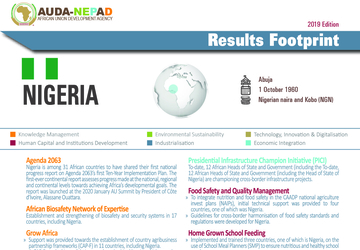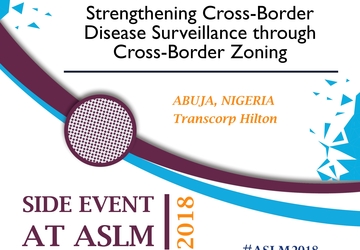 Nigeria
Nigeria
Official Name: Federal Republic of Nigeria
Capital: Abuja
Independence Day: 1 October 1960
Currency: Nigerian naira and Kobo (NGN)
Key Result
Nigeria is among five countries that have set up a financing facility to support innovative vocational training initiatives.
Nigeria has domesticated an adapted version of the African Union Model Law on Medical Products with the aim of improving access to quality and safe drugs and to fight the circulation of fake medical products in the country.
Nigeria is also part of the West Africa Medicines Regulatory Harmonisation (MRH) programme which was launched in 2015 in Accra, Ghana. Nigeria participated in the establishment of the joint MRH Project Steering Committee and formation of seven Technical Working Groups (TWGs).
The government of Nigeria has readjusted the scope of a 4,400-km-long gas pipeline project from Nigeria to Algeria, which has been integrated into the National Infrastructure Development Program. In 2009, the Nigeria National Petroleum Company (NNPC) and Sonatrach agreed to proceed with the MoU and Joint Venture Agreement between the three countries involved in this project. The inter-governmental agreement was also signed in the same year.
Nigeria is expected to benefit from the Gas – West African Power Pool – Domunli Regional Power Project which entails the construction of a 450 MW combined cycle thermal power plant. The project is intended to make use of the Jubilee gas fields. This is a Government of Ghana/Volta River Authority (VRA) sponsored project and other countries expected to benefit from this project include Benin and Togo.
Nigeria is leading the Abidjan-Lagos Coastal Corridor project which seeks to modernise the most heavily travelled ARTIN corridor in West Africa to facilitate trade and movement of people and goods. The project includes the establishment of a One-Stop Border Post and the enhancement of Government capacities for PPP development and management. of PPPs. NEPAD facilitated this project through provision of technical support to ECOWAS in the areas of Project Cycle Management and experts deployed. The support enabled the countries to sign the Project treaty in February 2014 which provides for a supranational corridor management authority and seed fund contribution of US$50 million agreed.
Nigeria is also among five countries that have developed an integrated sub-regional management system for the Iullemeden Aquifer System. The feasilibilility studies for improved use of the aquifer system are underway.
Nigeria is also among countries that are involved in the 4500 km Algeria to Nigeria Optic Fibre project. The Algeria to Niger border segment has been completed and is operational but awaiting reinforcements carrying loop systems to ensure high network availability. The feasibility study focusing on the Chad, Niger and Nigeria segment are underway.
85 million hectares of degraded and deforested land on the continent have been committed for restoration through the application of the restoration opportunities assessment methodology. To date, Nigeria has committed 4.0 million ha.
Related
Projects
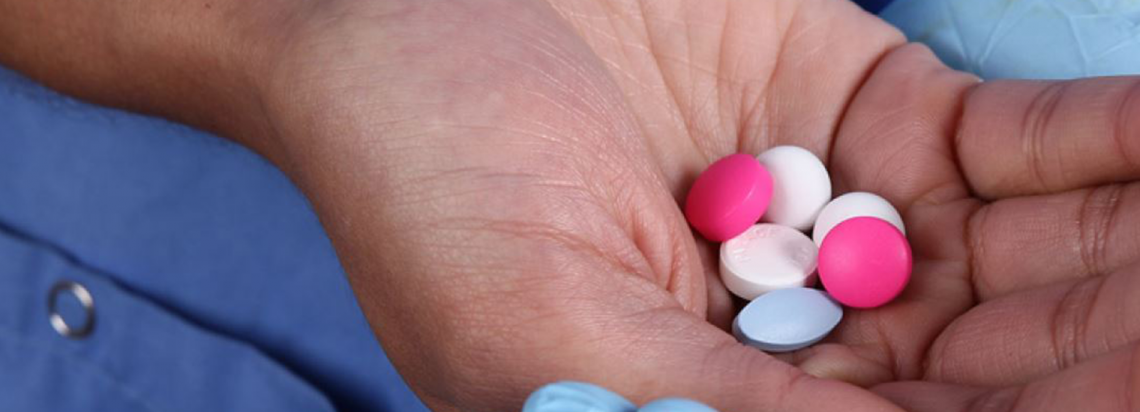
A critical AU Model Law aimed at harmonizing medical products regulatory systems in Africa was endorsed by African Heads of State and Government at the January 2016 AU Summit in Addis Ababa, Ethiopia. The AU Model Law will contribute towards accelerate the regulation of safe, quality and affordable medical products and technologies in Nigeria.
The West Africa Medicines Regulatory Harmonization (MRH) programme was launched in 2015 in Accra, Ghana. Nigeria participated in the establishment of the joint MRH Project Steering Committee and formation of 7 Technical Working Groups (TWG’s). The TWG’s are tasked with developing technical guidelines of the MRH programme. In addition, a joint framework of collaboration between WAHO and WAEMU has been agreed upon.
Nigeria has two registered RCOREs specialized in training in core regulatory functions and quality assurance and quality control of medicines namely: University of Ibadan, Nigeria – Centre for Drug Discovery, Development and Production; and National Agency for Food and Drug Administration and Control (NAFDAC) of Nigeria respectively. RCOREs are institutions with specific academic and technical regulatory science expertise and training capabilities capable of producing regulatory workforce in Africa.



Programme for Orphans and Vulnerable Children (OVC): Integrating the care and support of Orphans and Vulnerable Children (OVCs) into the implementation of Home-Grown-School-Feeding Programmes (HGSF) was advanced through a pilot programme in Kenya and Nigeria with the aim to ensure that OVCs are targeted for school feeding and given additional skills to prepare them to be more self-reliant. A situation analysis report for South Africa was completed as part of sharing best practices on OVC support.

CAADP Compact: Nigeria signed the CAADP Compact on 29 - 30 October 2009.
Capacity Building: Technical experts were deployed to Nigeria to undertake independent technical reviews of their National Agricultural Investment Plans (NAIPs), from 4 – 9 June 2010.
Business: NEPAD facilitated Nigeria’s first Business Meeting, held on 14 - 17 June 2010 to review progress made in agriculture investment.

Project : TAH programme
Description : This is phase I of the continental connectivity programme that focuses on completion and standardisation of the TAH missing links by 2030
Project : Single African Sky phase 1 (design and initial implementation)
Description : Single African Sky is a continental programme that will create a high-level, satellite-based air navigation system for the African continent
Project : Yamoussoukro Decision implementation
Description : Accelerate Yamoussoukro Decision implementation by identifying countries that are ready to fully implement it, and discussing and agreeing with both their governments and airlines to launch the voluntary club on a full membership basis;
Project : ICT Enabling Environment
Description : This programme would improve the environment for the private sectors to invest in high-speed broadband infrastructure
Project : ICT Terrestrial for Connectivity
Description : This programme has two main components : secure each country connection by at least two broadband infrastructure and ensure the access to submarine cable to all landlocked countries
Project : Internet Exchange Point (IXP) programme
Description : The aim of this programme is to provide Africa with adequate internet node exchange to maximise internal traffic
Project : Nigeria–Algeria Gas Pipeline (DFS)
Description : 4,100 km gas pipeline from Warri to Hassi R’Mel in Algeria
Project : Abidjan-Lagos Coastal Corridor (DFS)
Description : This programme would modernise the most heavily travelled ARTIN corridor in West Africa (trade facilitation, OSBPs, capacity enhancement and implementation of PPP)
Project : West Africa Air Transport
Description : This programme aims at increasing the air transport service levels in West Africa, which are currently limited by the lack of a regional air hub
Project : Lullemeden Aquifer System
Description : Prefeasibility studies for improved use of the aquifer system

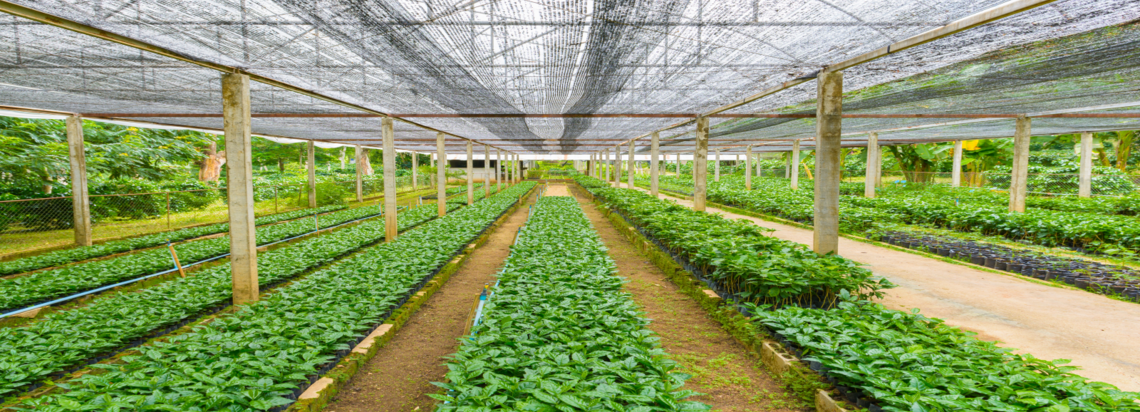


Technical capacities were strengthened to establish and manage functional biosafety systems for the safe use of modern agricultural biotechnology. Other technical support included national biosafety training workshops, biosafety short courses at African institutions and partner institutions outside Africa, notably at Michigan State University in the USA, biosafety internships, technical consultation support, and biosafety information resources.
Results:
•359 291 women capacitated through CSO and grassroots organizations including 92 Local authorities and state government in the six geopolitical zone of Nigeria. Namibia 13 Council has implemented Action Plan for Gender Aware Service Delivery and 384 Parliamentarian in the region of Tigray, Amhara and Somalia facilitated research support from 250 graduated students for Gender Aware Parliamentarian Oversight.
•74 435 women empowered economic and financial terms: Income generation skills; Deployment of technical assistance to boost agriculture production for both consumption and commercial purposes; Accessing agricultural extension services; Promotion of gender inclusiveness in decision making; Creation of enabling environment to access land; Land tenure and legalization of land title for women; Youth job creation; SME management; Informal and Regional Trade development.
•33 438 women support through institutional based capacity building
•25 438 women support through institutional based capacity building.
Results:
•359 291 women capacitated through CSO and grassroots organizations including 92 Local authorities and state government in the six geopolitical zone of Nigeria. Namibia 13 Council has implemented Action Plan for Gender Aware Service Delivery and 384 Parliamentarian in the region of Tigray, Amhara and Somalia facilitated research support from 250 graduated students for Gender Aware Parliamentarian Oversight.
•74 435 women empowered economic and financial terms: Income generation skills; Deployment of technical assistance to boost agriculture production for both consumption and commercial purposes; Accessing agricultural extension services; Promotion of gender inclusiveness in decision making; Creation of enabling environment to access land; Land tenure and legalization of land title for women; Youth job creation; SME management; Informal and Regional Trade development.
•33 438 women support through institutional based capacity building
•25 438 women support through institutional based capacity building.
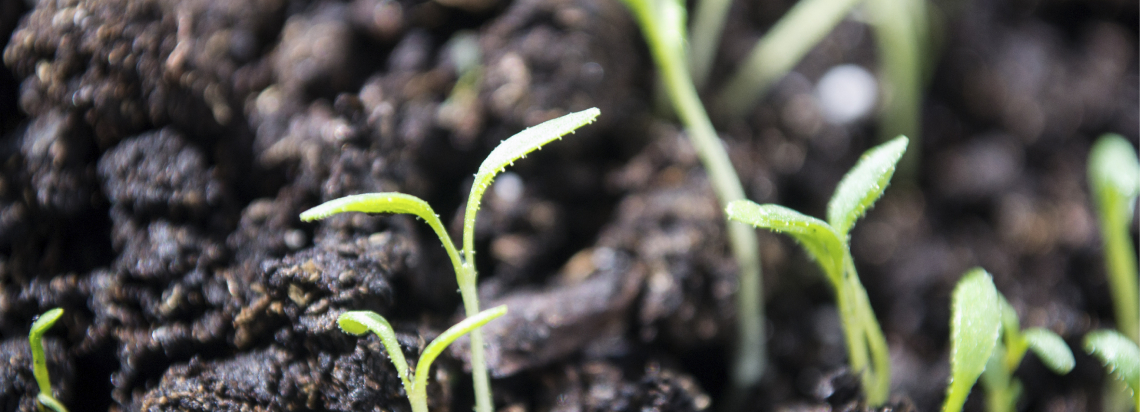
Sensitizing, training and awareness creation on impact of climate change on environment and agriculture
• 3 Draft Gender and Climate Change Strategy developed for Enugu, Niger and Benue States
• 1200 women small holder farmers trained on CSA practices and aquaculture in Eastern Nigeria
• 400 applications for aquaculture equipment grants processed
• 150 Policy Makers and Stakeholders sensitized on CSA practices and aquaculture
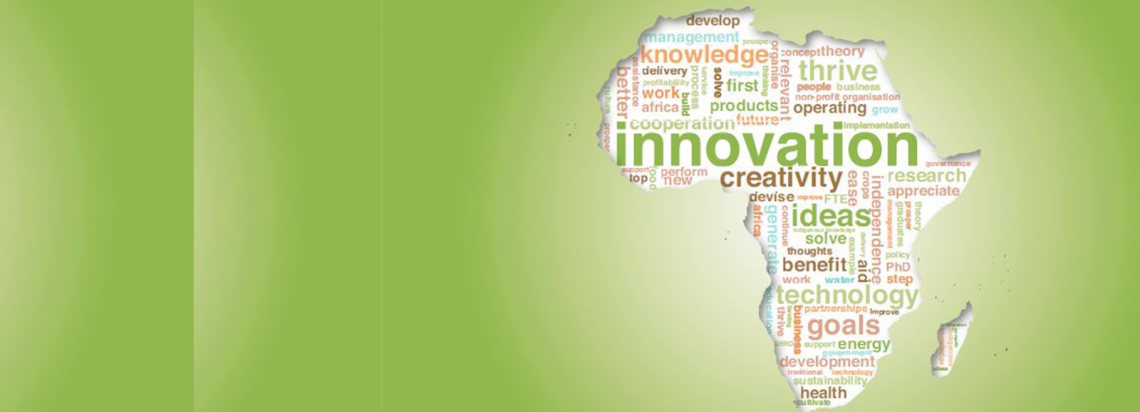
ASTI has captured comprehensive information on STI and consequently built in-country capacity to collect, analyse & publish data and information on research & development (R&D) and Innovation
Commencement of the project was registered in September 2007. Subsequently, surveys were undertaken and data on R&D core indicators collected and featured in the 1st African Innovation Outlook (AIO-2010) and Innovation indicators in the 2nd edition (AIO2014).
The country benefited from a regional training on international survey methodologies in a workshop that was held in April 2015. The training was conducted by NEPAD in collaboration with the UNESCO UIS, University of Lund (Research Policy Institute).
The country received a grant from SIDA of USD20,000 for strengthening data collection and processing in R&D related activities. Furthermore, the National Focal Centre was strengthened to promote effective survey methodologies.

Results (2013 – 2015)
Advocacy and Strengthening of Negotiation Capacities on Post-2015 Development Agenda through the Common African Position (CAP):
• The multi-stakeholder framework of engagement specifically enhanced dialogue towards ensuring the required mass to influence the Post-2015 Global Agenda and Development Goals relevant to the Continent;
• This intervention helped strengthen country and regional level negotiating capacities for the effective incorporation and articulation of Africa’s priorities as enshrined in CAP in the final Global SDGs;
• The project enabled the participation of African stakeholders at the Means of Implementation Engagement, 3rd Financing for Development Conference and the UN General Assembly that adopted the new SDGs. This ensured the incorporation of Africa’s development priorities into the new goals through developing essential negotiation capacities;
• Through the CAP/SDGs space on the Africa Platform for Development Effectiveness (APDev), knowledge products and negotiation documents, as well as, policy briefs where successfully disseminated to the African negotiators in New York and kept the continent’s stakeholders informed of the overall process;
• Development and dissemination of post-2015 Policy Briefs on “Financing and Partnerships” and “Structural Economic Transformation and Inclusive Growth”. These are priorities outlined in the CAP and the policy briefs where utilized in the negotiation process for the African continent.
Global Partnership for Effective Development Cooperation (GPEDC):
• Africa secured the hosting of the 2nd High Level Meeting (HLM) of the Global Partnership. This was attained through robust negotiation and facilitating a common voice from Africa with regards to this critical engagement by the NEPAD Agency. The 2nd HLM will be held in Nairobi Kenya;
• The NEPAD Agency advocated for the full inclusion and participation of Africa’s Regional Economic Communities (RECs) in conducting the 2nd GP Monitoring Exercise. This was a fundamental achievement considering the RECs are the continent’s building blocks with regards to socio-economic transformation;
• The Africa Action Plan on Development Effectiveness (AAP) was granted the status of an official Global Partnership Initiative (GPI) at the Planning Meeting in Brussels. The AAP was developed by the NEPAD Agency in consultation with African multi stakeholders. This has enabled the Agency to successfully mobilize resources towards the implementation of the AAP.
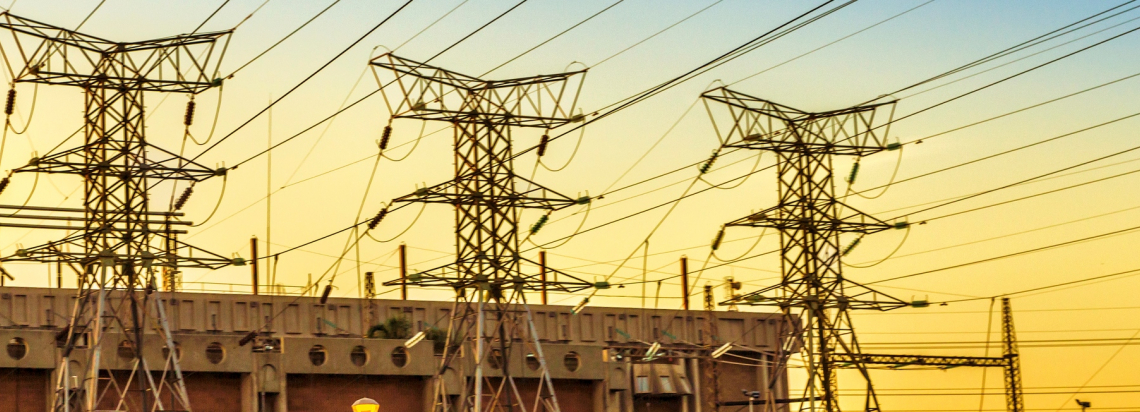
Project : Gas – West African Power Pool: Domunli Regional Power Project
Countries/Region : Ghana, Benin, Togo, Nigeria | West Africa
Project Location : Located in the Western Region of Ghana, near the Ghana Gas processing plant facility
Sector/Subsector : Energy/Generation
Project Description : Construction of a 450 MW combined cycle thermal power plant, which seeks to make use of the Jubilee gas fields. This is a Government of Ghana/Volta River Authority (VRA) (Ghana’s national utility for generation and supply) sponsored project located in Domunli in the western region of Ghana.
Project : Gas – West African Power Pool: Maria Gleta Regional Power Project
Countries/Region : Ghana, Benin, Togo, Nigeria | West Africa
Project Location : Near the border between Porto Novo and Cotonou cities, Benin
Sector/Subsector : Energy/Generation/Transmission
Project Description : Construction of a 450 MW combined cycle power plant: one is set to comprise two gas turbines with a rated output of about 150 MW each, and the other a steam turbine with a rated output of about 150 MW, bringing the total output to 450 MW.
Project : Gas Pipeline – Nigeria-Algeria Gas Pipeline Project
Countries/Region : Nigeria, Niger and Algeria | West and North Africa regions
Project Location : 4,400 km pipeline from Qua Ibom Terminal (Calabar, Nigeria), through Niger to Hassi
R’Mel (Algeria)
Sector/Subsector : Energy/Transmission of Gas
Project Description : Construction of a natural gas pipeline designed to connect with the existing Trans-Mediterranean, Maghreb-Europe, Medgaz, and Galsi pipelines across the Mediterranean sea.
Project : Transmission – Central African Interconnection Transmission Line Project
Countries/Region : Nigeria, Cameroon, DRC, Angola, Gabon (for first four segments of the transmission line), Equatorial Guinea, Chad, (if the Project is extended) | West, Central, Southern Africa
Project Location : Transmission line spanning West, Central and Southern Africa
Sector/Subsector : Energy/Transmission
Project Description : Construction of a 3,800 km transmission line system made up of four segments
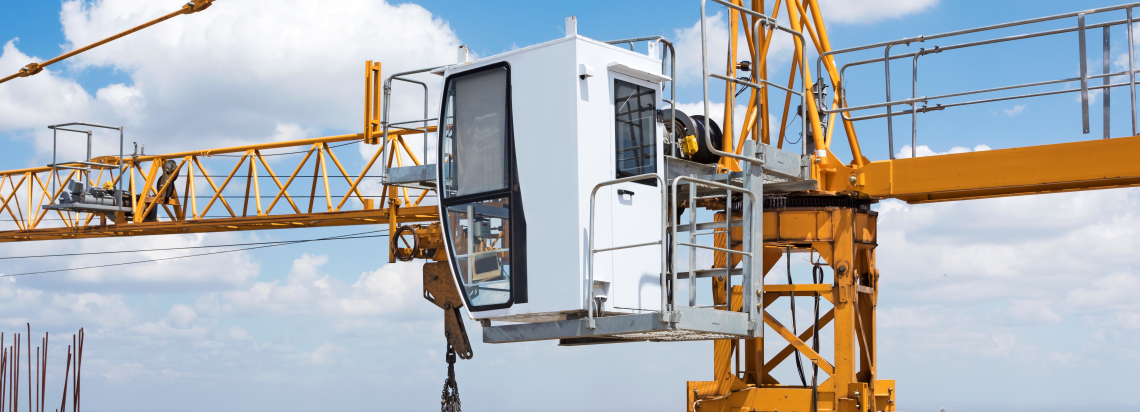
Project : Missing Links on the Trans-Sahara Highway
Description : Construction of 225 km of road between Assamakka and Arlit, Niger
Estimated total cost : USD102 million
Description : The use of political gravitas and goodwill to unblock and facilitate political bottlenecks affecting the implementation of ICT broadband and optic fibre projects on the continent

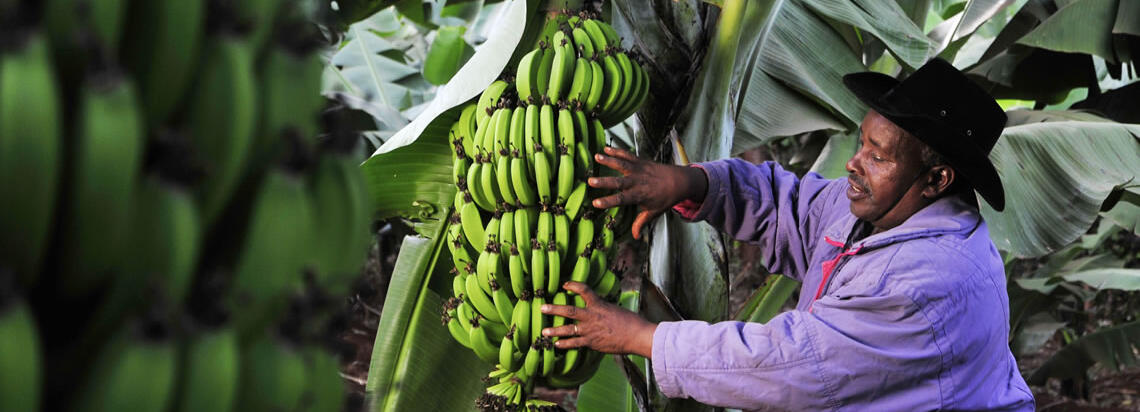
Grow Africa through its partnerships across the platforms and value chains in Nigeria, support and provide the national government an opportunity to present investment opportunities that support National Agriculture and Food Security Investment Plans (NAIPs) while creating greater opportunities for the platforms, the selected value chains and respective partners to showcase innovations and best practice at least in the areas of innovative finance, and productivity and market access improvements
Furthermore through the formed partnerships, the in-country road map for Nigeria will focus on these areas:
- Supporting the value chains to produce business cases.
- Identifying and facilitating investment to match new business cases.
- Strengthening the platforms by providing resources and technical support to cassava value chain and rice value chain in Nigeria.
In Nigeria, Grow Africa is focused on two high priority value chains: rice and cassava.
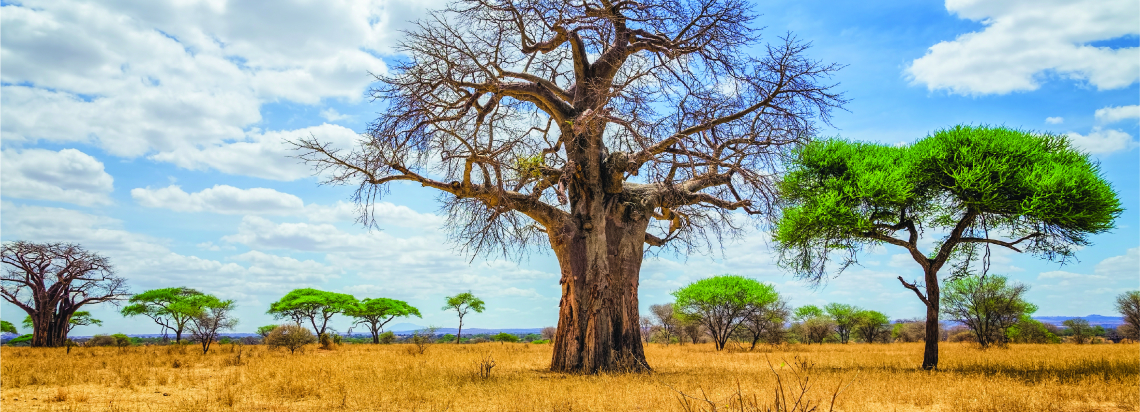
• Through the support of the TerrAfrica Leveraging Fund (TLF), Nigeria was able integrate SLWM into the national environmental and agricultural frameworks through the development of SLM Country Strategic Investment Frameworks (CSIF). Nigeria has completed its analyses on the costs and benefits of SLM options and a major climate change assessment is underway in Nigeria.
• As a result of the development of a CSIF, Mali has been able to align stakeholders and resources towards the implementation of its Strategic Investment Program (SIP) . Following the establishment of the SIP, The Nigeria Erosion & Watershed Management Project (NEWMAP) addressing land degradation and will implement preventative and protective measures.
• The Sahel and West Africa Program (SAWAP) supports Nigeria in its implementation of a strategic combination of civil engineering, vegetative land management and other watershed protection measures concerning the Nigeria Erosion & Watershed Management Project (NEWMAP).

At the beginning of 2014, 37 of the 42 opted-in African countries have completed a rapid assessment / gap analysis. The next step for countries is to develop a SE4LL Action Agenda and Investment Prospectus(es). To support this process, the SE4ALL Africa Hub partners have led the development of Africa Guidelines for SE4ALL national Action Agendas. The Africa Guidelines lay out principles and process for developing Action Agendas and put forward a balanced approach of centralized and decentralized solutions to achieve universal access to energy services.
Progress in Nigeria:
SE4All Action Agenda is in advanced stages and starting SE4All Investment Plan"
you agree to the AUDA-NEPAD Privacy Policy.







![[NIGERIA] Campaign for the Enhanced Domestication of the Science, Technology and Innovation Strategy for Africa - STISA-2024](/sites/default/files/styles/360_250/public/thumbnail/download%20%282%29.jpg?itok=DzhU5CGL)



